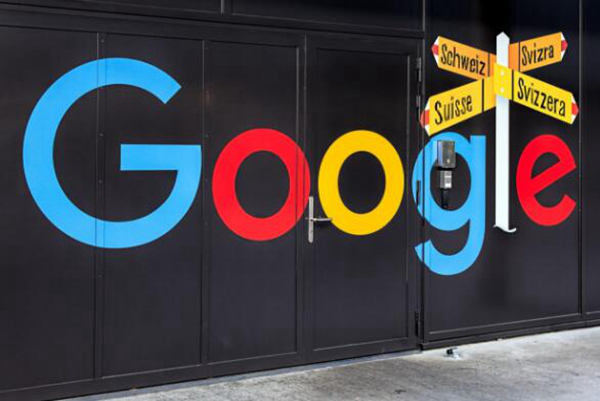Chinese startup DeepSeek has recently garnered global attention for its high-performance, low-cost generative AI large language model (LLM). Yoshio Matsuo, an authority in AI research from the University of Tokyo, provided an in-depth analysis of DeepSeek's technological capabilities, open-source strategy, and its impact on Japanese companies during an interview with the Nikkei.
Matsuo stated that DeepSeek's technology is outstanding, with performance comparable to OpenAI's ChatGPT. He noted that every time DeepSeek releases a new model, they also publish detailed technical papers showcasing their innovations in model optimization. For instance, the latest model "R1," released in January this year, enhanced reasoning capabilities through reinforcement learning, achieving a level comparable to OpenAI's "o1" model.

Matsuo believes that China's AI development has reached par with the United States and may even surpass it in certain areas. He pointed out that China not only has tech giants like Alibaba, Tencent, and Baidu but also a large pool of talented engineers, creating a vibrant AI ecosystem. The rise of DeepSeek in such an environment is not surprising and could further alter the global dynamics of AI competition.
Matsuo emphasized that DeepSeek's success provides significant insights for Japanese startups. As a non-large tech company, DeepSeek has achieved world-leading precision through solid technological development. This indicates that even in Japan, focusing on technological innovation can provide opportunities for breakthroughs in the AI field.
DeepSeek has adopted an open-source strategy, similar to companies like Meta and Alibaba. Matsuo pointed out that open-source models provide a robust foundation for global developers, making additional learning and performance enhancements easier. He believes that DeepSeek's emergence has strengthened the influence of the open-source movement; although proprietary models (such as those from OpenAI and Google) still hold competitive advantages, open-source models can also deliver exceptional performance in specific scenarios.
Regarding the safety risks associated with AI models, Matsuo indicated that risks vary depending on usage. Open-source models can be run locally, mitigating the risk of data leakage; conversely, using online services involves sending data to servers for processing. He emphasized that whether with DeepSeek or OpenAI, users must maintain trust in service providers, as the use and learning of data cannot be completely excluded.









